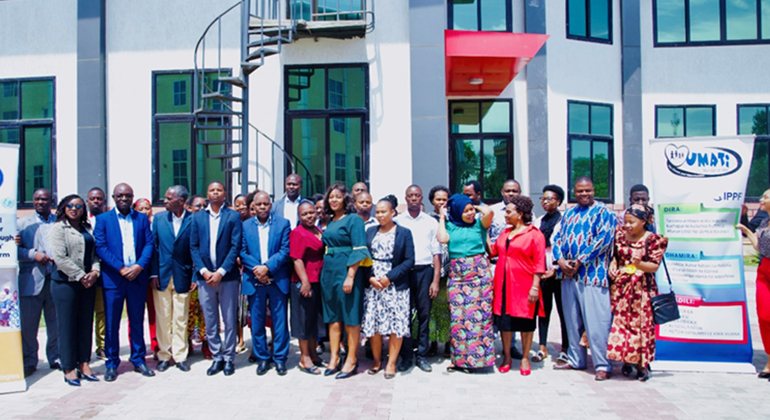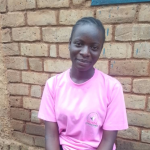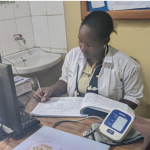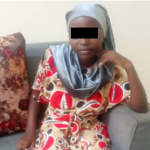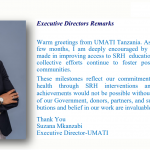Mama na Mwana is an innovative intervention on social accountability for health services that UNICEF initiated in April 2017. The project was implemented by UMATI under supervision of SIMAVI in Mbeya and Njombe regions. An application was developed to collect opinions of pregnant women about the quality of Ante Natal Care and Safe Delivery services at their respective health facilities through an SMS survey. Ideally, women would participate up to six times during, and just after delivery. Throughout the project area, community health workers and health care providers were capacitated to support enrolment of pregnant women. Data was collected and processed using UNICEF’s platform named Rapid Pro. The result was generation of community scorecards showing performance of each indicator. The social accountability phase was implemented from March 2019 to October 2020, whereby, through dialogues, communities and health care providers discussed and agreed on improvement of the various service delivery indicators as displayed on score cards.
Following the success and for the sustainability of the intervention, UMATI, SIMAVI and UNICEF, the main supporter, called for the government to take over and continue improving the health service provision to the communities.
On the 3rd of November 2020, UMATI organized a project closure and handing over meeting, the event was graced by the Mbeya Regional Medical Officer, Dr. Salum Manyatta. Stakeholders and beneficiaries from all 7 districts of Mbeya region were in attendance to share testimonials about the Mama na Mwana social accountability intervention and witness the government’s commitment to continuing the job well-done by the community in collaboration with project partners in improving health services.
In her speech, UMATI Ag. Executive Director Ms. Violeth Alphonce thanked the government through the Ministry of Health and President’s Office Regional Administrative and Local Government (PORALG), Regional health department, and all its councils for their outstanding efforts and support throughout the implementation of the Mama na Mwana intervention.

